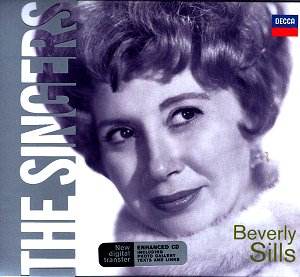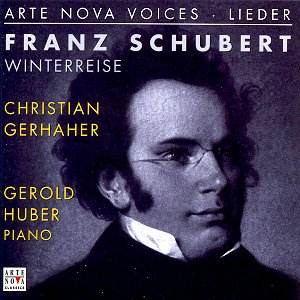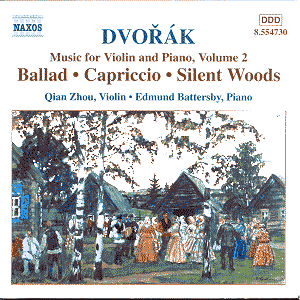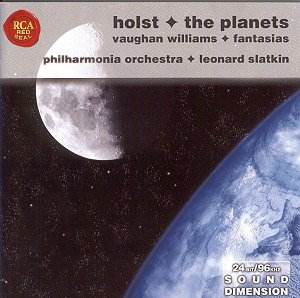 Composer: Decca
Composer: Decca
Works: Beverly Sills, Joan Sutherland, Renata Tebaldi, Luciano Pavarotti, Leontyne Price, Teresa Berganza, Nicolai Ghiaurov
Performers: Various artists performing operatic arias and songs
Recording: Various locations and dates, 1949-1982
Label: Decca
The Decca Singers Series represents an ambitious undertaking that carefully curates the vocal artistry of some of the most distinguished singers in operatic history. This compilation showcases a range of performances, providing listeners with a glimpse into the rich tapestry of operatic interpretation spanning several decades. Each artist, from the exuberant Beverly Sills to the regal Leontyne Price, brings their unique sensibilities to the repertoire, illuminating the historical context and stylistic nuances that characterize their vocal approaches.
Beverly Sills opens the series with an electrifying rendition of “Martern aller Arten” from Mozart’s Die Entführung aus dem Serail. While the orchestra’s brisk tempo initially hampers her ability to fully express the emotional depth of the character Konstanze, Sills compensates with vibrant middle register notes and a delightful descent into a mezzo-like warmth. Her subsequent aria “Vorrei spiegarvi, oh Dio!” showcases her impeccable control and artistry with high notes sung piano, a hallmark of her interpretative style. Yet, this disc is not without its limitations; some passages reveal a slight lack of expressive depth, particularly in her interpretations of Meyerbeer and Thomas. The final Strauss tracks, with their inherent charm, do, however, reaffirm her status as a formidable interpreter, even if the clarity of diction occasionally falters in more forceful passages.
Joan Sutherland’s contributions are a masterclass in bel canto singing, beginning with her iconic “Regnava nel silenzio” from Lucia di Lammermoor. The contrast between Sutherland’s effortless high notes and the orchestral heft is striking; her ability to navigate the complexities of this repertoire is matched by few. However, there are moments where the orchestration seems to overshadow her voice, particularly in the Wagner selections where the dramatic intensity could have been explored with greater vocal nuance. Sutherland’s prowess shines brightly in her Rossini selections, where her coloratura sparkles with clarity, though some may question her interpretative choices, particularly in the more dramatic moments of Wagner.
Renata Tebaldi’s disc offers a rich exploration of her lush, emotive singing, particularly in the Puccini selections. Her “O mio babbino caro” from Gianni Schicchi is a poignant highlight, capturing the essence of Mimi’s longing and vulnerability. The technical demands of her roles are met with a vocal richness that is at times breathtaking, especially in her interpretative choices that emphasize emotional depth over sheer volume. While her later recordings exhibit a slight diminishment in the creaminess of tone, the expressiveness remains compelling, particularly in the climactic moments of “Un bel dì vedremo” from Madama Butterfly.
Luciano Pavarotti’s contributions are equally notable, characterized by his remarkable lyricism and the effortless high notes that have become his signature. “Che farò senza Euridice?” from Orfeo ed Euridice exemplifies his ability to convey deep emotion, while the Beethoven aria “In questa tomba oscura” showcases his nuanced approach to dramatic interpretation. Pavarotti’s rendition of “Nessun dorma!” is both triumphant and technically flawless, though some might argue that it lacks the heroic heft typically associated with the role of Calaf. The recording quality captures the warmth of his voice, allowing listeners to appreciate the subtleties of his phrasing and diction.
Leontyne Price’s entries highlight her unique vocal timbre and interpretive depth, particularly in selections from Verdi. “Ritorna vincitor!” brims with dramatic intensity, yet does not quite match the immediacy of her earlier recordings. The transitions between her chest and head voice remain seamless, though the overall impact sometimes falls short of the raw emotional power she once commanded. The later tracks, which delve into spirituals and hymns, demonstrate her continued ability to connect with audiences on an emotional level, though they lack the dynamic contrasts present in her operatic repertoire.
Teresa Berganza’s compilation primarily emphasizes her interpretations of Mozart and Rossini, where her clarity and technical prowess are evident. “Non so più” from Le nozze di Figaro is executed with precision, though a certain lightness pervades her interpretations that may leave listeners yearning for a deeper emotional engagement. The contrast is particularly evident in her Spanish songs, where her expressive capabilities come to the forefront, highlighting a side of her artistry that feels less restrained.
Nicolai Ghiaurov’s disc offers a rich exploration of the bass repertoire, showcasing his powerful and sonorous voice across a variety of roles. His interpretation of “Il catalogo è questo” from Don Giovanni is delivered with a warmth and gravitas that set a high standard for the genre. Ghiaurov’s ability to navigate the darker emotional landscapes of roles like Méphistophélès and King René is commendable, though listeners may find themselves wishing for more variety in the emotional spectrum of his selections.
The engineering quality across these recordings is commendable, with the remastering providing clarity and depth that breathe new life into these historic performances. Each disc benefits from thoughtful packaging and informative booklets that enhance the listening experience, guiding listeners through the artists’ interpretative choices and providing context for the selections.
This ambitious project from Decca serves as both a tribute to the legendary singers it features and a valuable resource for both seasoned opera aficionados and newcomers alike. The artistry on display is compelling, offering a rich tapestry of vocal interpretations that invite repeated listening. The series not only celebrates the individual strengths of each artist but also highlights the enduring legacy of operatic performance, making it a significant addition to any classical music collection.



